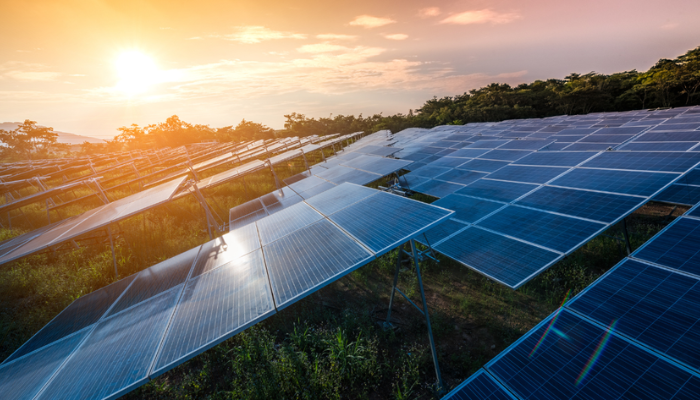The federal law governing the connection of distributed renewable energy production units to the electrical grid, which aims to enable people to produce electrical energy from renewable sources and achieve the state’s objectives, has been approved, according to the UAE Ministry of Energy and Infrastructure. It is a step in the direction of the state’s diversification of renewable energy sources and its best use of its natural resources in a way that ensures emissions reduction and climate neutrality.
The new law, according to the Minister of Energy and Infrastructure HE. Suhail bin Mohamed Al Mazrouei, intends to reduce carbon emissions, lower peak electrical demand on distribution networks, and lay out a clear path toward the UAE’s Net Zero 2050 strategic plan and the National Energy Strategy 2050. By 2050, this policy wants renewable energy to account for 50% of the nation’s overall energy production.
According to Al Mazrouei, the law aims to coordinate initiatives and capitalise on opportunities for integration among various federal and local government agencies, the private sector, and other stakeholders to strengthen the UAE’s leadership position in keeping up with the energy sector’s transformation and its efforts to realise the “Net Zero” strategic initiative by 2050. The “Paris Climate Agreement,” which the UAE was one of the first nations to ratify, has goals that are in line with the law.
The Minister emphasised that the UAE model of working for the climate, decreasing greenhouse gas emissions, and diversifying energy sources is largely supported by the deployment and use of clean energy solutions. This is done to keep up with the rising demand for it, which is brought on by population growth, industrial expansion, and commercial growth. The UAE is one of the world’s leading nations and a role model in this industry as it continues to strengthen its capabilities and its leading position in the clean energy sector. The UAE also excels at turning obstacles into opportunities and is capable of coming up with creative solutions to achieve climate neutrality and ensure a low-carbon future.
“The UAE continues to develop the legislative and legal system that guarantees a low-carbon future, in a manner that strengthens the course of successive achievements and gains achieved by the country in the climate neutrality issue, the country’s global leadership, and its position in that industry before hosting the COP28 in 2023,” said HE the Minister of Energy and Infrastructure.
The Minister continued, “As part of the vision and directives of the judicious leadership, which aim to promote sustainability, innovation, and transformation towards a green economy, by increasing the percentage of clean and renewable energy to achieve the goals of the National Energy Strategy 2050 and the UAE Net Zero by 2050 strategic initiative, as well as other national targets, we are working on developing the energy strategy, especially clean energy.”
The law’s promulgation is a proactive step toward realising the UAE’s energy strategy, according to HE Eng Sherif Al Olama, Undersecretary of the Ministry of Energy and Infrastructure for the Energy and Petroleum Sector. The Ministry of Energy and Infrastructure will implement the law in collaboration with the relevant federal and local authorities that handle the distribution and supply of electricity for consumers. The terms of the Decree-Law apply to all producers and service providers, including those in economic, free, and investment zones, as well as to the connection of electricity distribution-producing units to the distribution network.
According to Al Olama, the law outlines the roles and responsibilities of the Ministry of Energy and Infrastructure and mandates that anyone wishing to connect a distributed production unit to the distribution network must first obtain approval from the relevant authority and then complete the linkage agreement with the service provider by the law in effect at the relevant authority.


